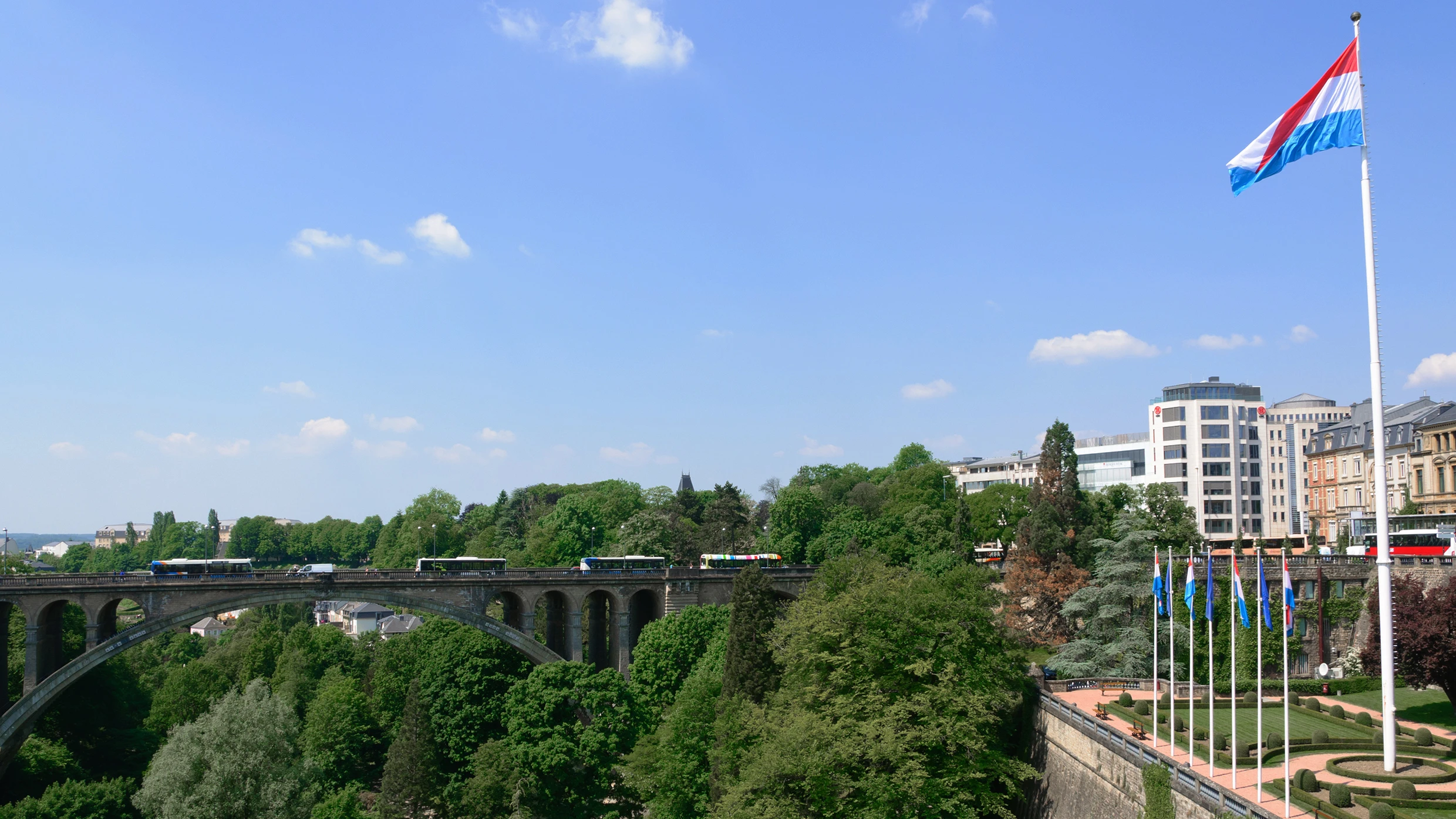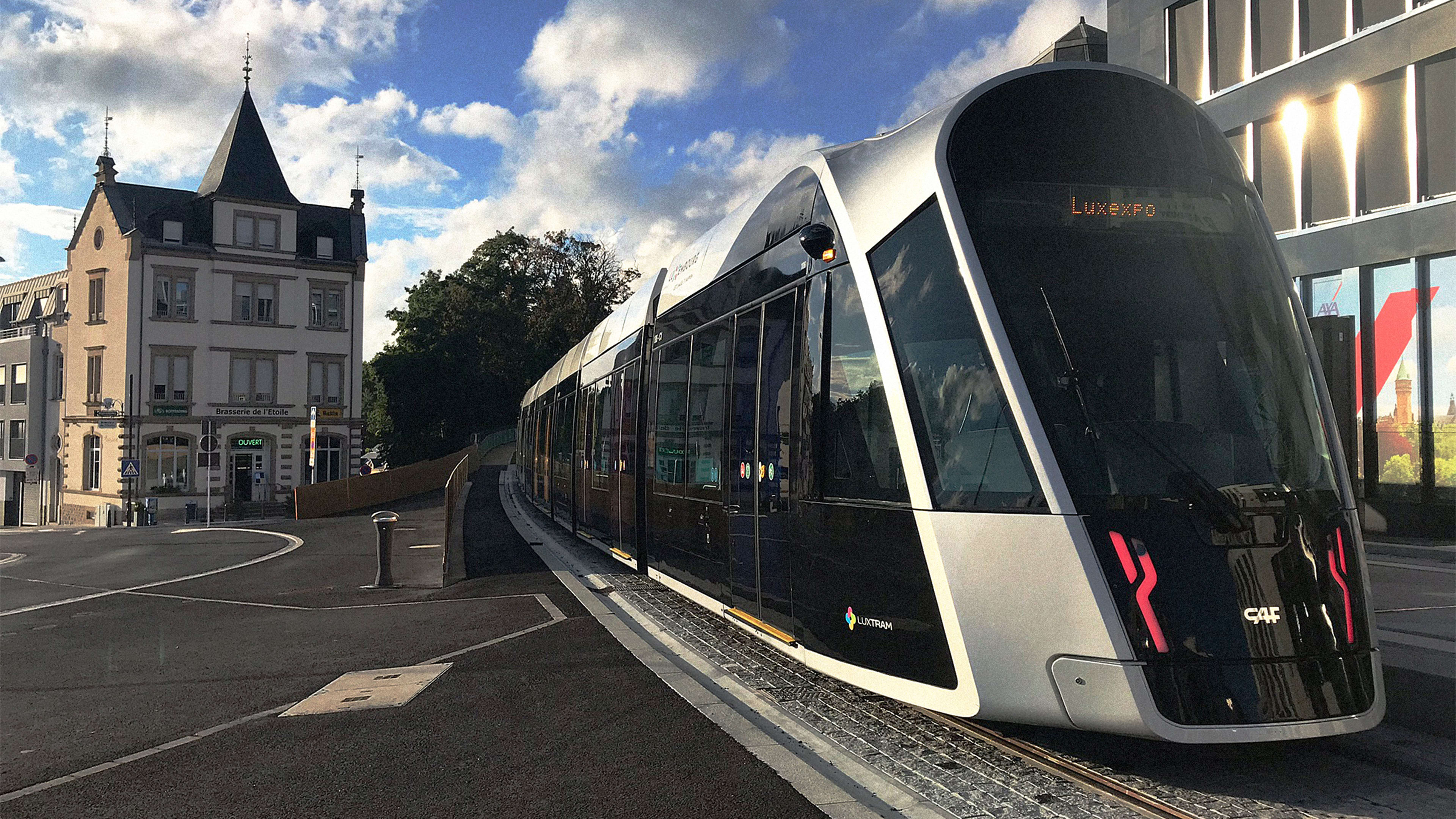If you board a train, streetcar, or bus in Luxembourg, beginning on March 1, you’ll no longer pay a fare. The country is among the first to pioneer fully free public transit.
The move aims to help reduce inequality—even though the tiny country is known for its wealth, poverty is increasing. “The objective is to stop the deepening gap between rich and poor,” the country’s mobility and public works minister, François Bausch, told the BBC shortly after the plan was first announced. “For people on low wages, transport expenses matter. Therefore it is easier to make it free for everyone.”

The fares were already relatively inexpensive: a single ticket between any two points in the country cost 2 euros (roughly $2). Many riders also already had free fares—youth under age 20, students under 30, and those who get a “social inclusion income,” a basic monthly benefit payment for the lowest-income households. For that reason, some critics have argued that the change won’t have a meaningful impact; writing in the Conversation, researchers from the University of Luxembourg said that rising housing costs were a far bigger problem, and raised concerns that without ticket fares, the already outdated transit infrastructure would continue to decline.
Still, the agency that operates transit says that fares only covered 10% of its operating costs, and the government is already planning to modernize its rail network and improve connections across borders and between trains, streetcars, and buses. By 2025, it wants to be able to move 20% more people on public transit. It also hopes to lure people out of cars—the country has the highest rate of car ownership in the EU, and 60% of commuters drive to work now, versus less than 20% on public transit. It remains to be seen how much free fares can change that equation, though some similar changes have worked well: When the city of Dunkirk, France, made its own buses free, ridership spiked 60% on weekdays.
Recognize your brand’s excellence by applying to this year’s Brands That Matter Awards before the early-rate deadline, May 3.
